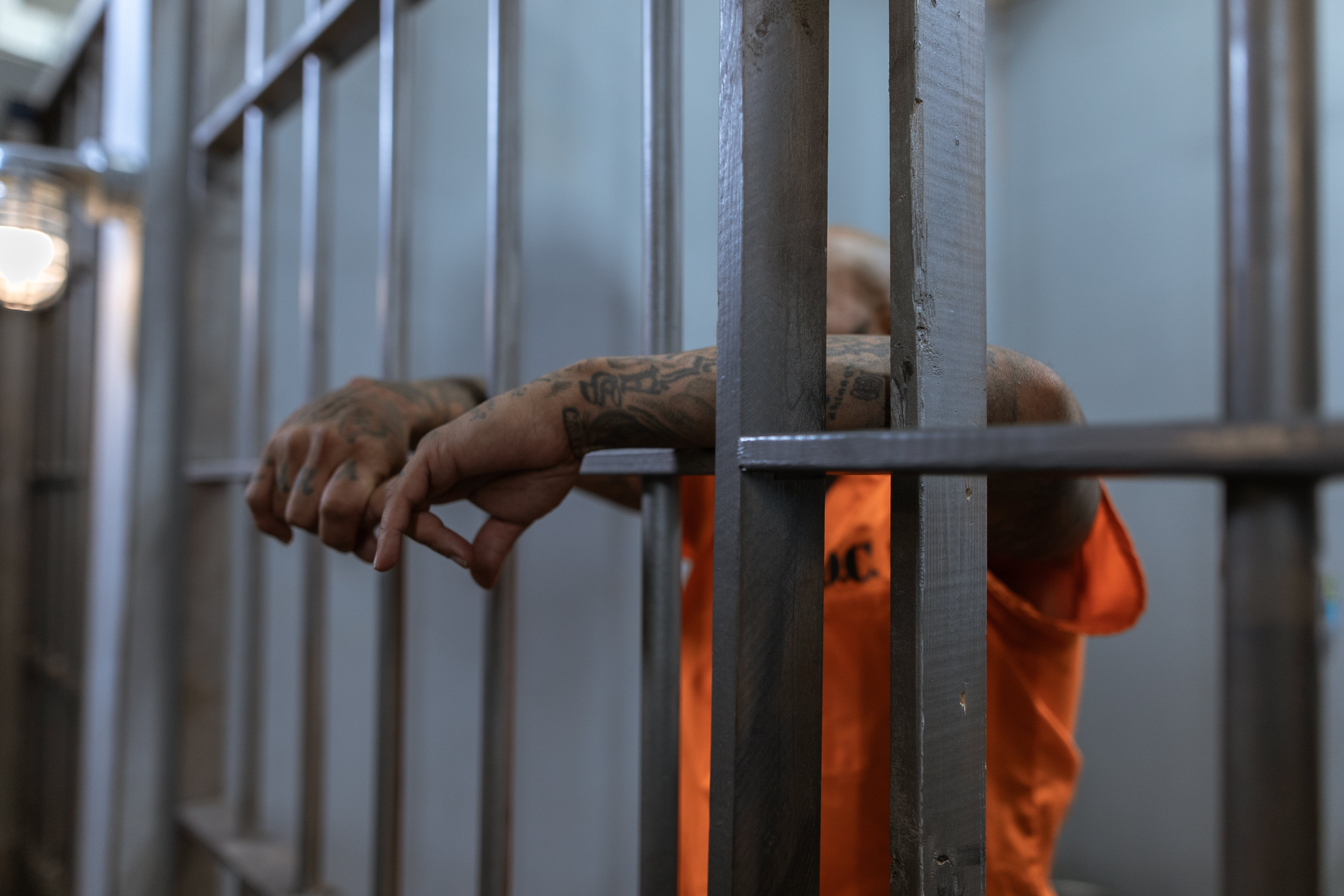Why Do We Need Trauma-Informed Care?
A study (Dargis & Koenigs, 2018) confirmed the early claim of the existence of two types of psychopathy finding that the high-NA subgroup of psychopathic offenders scored higher on Negative Affect scales and reported significantly greater emotional and physical abuse, as well as emotional neglect, compared to the low-NA subgroup. The low-NA subgroup, on the other hand, scored significantly higher on the Positive Affect scale than the comparison group.
Drawing from a study involving a sample size of 110 criminal offenders with psychopathic tendencies, the findings endorse a dual-subtype framework of psychopathy, wherein distinct subgroups exhibit notable variations in their levels of negative affect. Furthermore, the data indicate that one faction of psychopathic offenders displays a more extensive record of childhood maltreatment. To be precise, the subgroup with elevated levels of negative affect reported significantly higher instances of emotional and physical abuse, along with emotional neglect during their childhood.
This study tested a two-subtype model of psychopathy in a sample of incarcerated, psychopathic offenders. The two subtypes were defined by high and low levels of Negative Affect (NA). The study found that the high-NA subgroup (equivalent to Stage 1 group; Kim, 2021) of psychopathic offenders reported significantly greater emotional and physical abuse, as well as emotional neglect, compared to the low-NA subgroup (Stage 2 group; Kim, 2021). The low-NA subgroup, on the other hand, scored significantly higher on the Positive Affect scale than the comparison group. The authors suggest that the two-subtype model of psychopathy may have important implications for understanding the etiology and treatment of psychopathy.
The authors note that there is a large body of work indicating that varying forms of childhood maltreatment are associated with differential developmental outcomes, and that investigating the specific types of maltreatment that offenders experience may help inform the potential etiological pathways by which the experience of trauma contributes to the development of psychopathy. They claimed that while future research should maintain its focus on examining the influence of early life trauma on the emergence of psychopathic characteristics and subcategories, it’s equally crucial to contemplate the potential effects of trauma experiences on the success of treatments for adult offenders displaying psychopathic traits. Despite the limited knowledge surrounding effective psychopathy treatment, they concluded, there is a possibility that adult psychopathic offenders with high levels of negative affect might exhibit a more positive response to trauma-informed or trauma-focused interventions.
Dargis M, Koenigs M. Two subtypes of psychopathic criminals differ in negative affect and history of childhood abuse. Psychol Trauma. 2018 Jul;10(4):444-451. doi: 10.1037/tra0000328. Epub 2017 Oct 16. PMID: 29035064; PMCID: PMC5902659.








